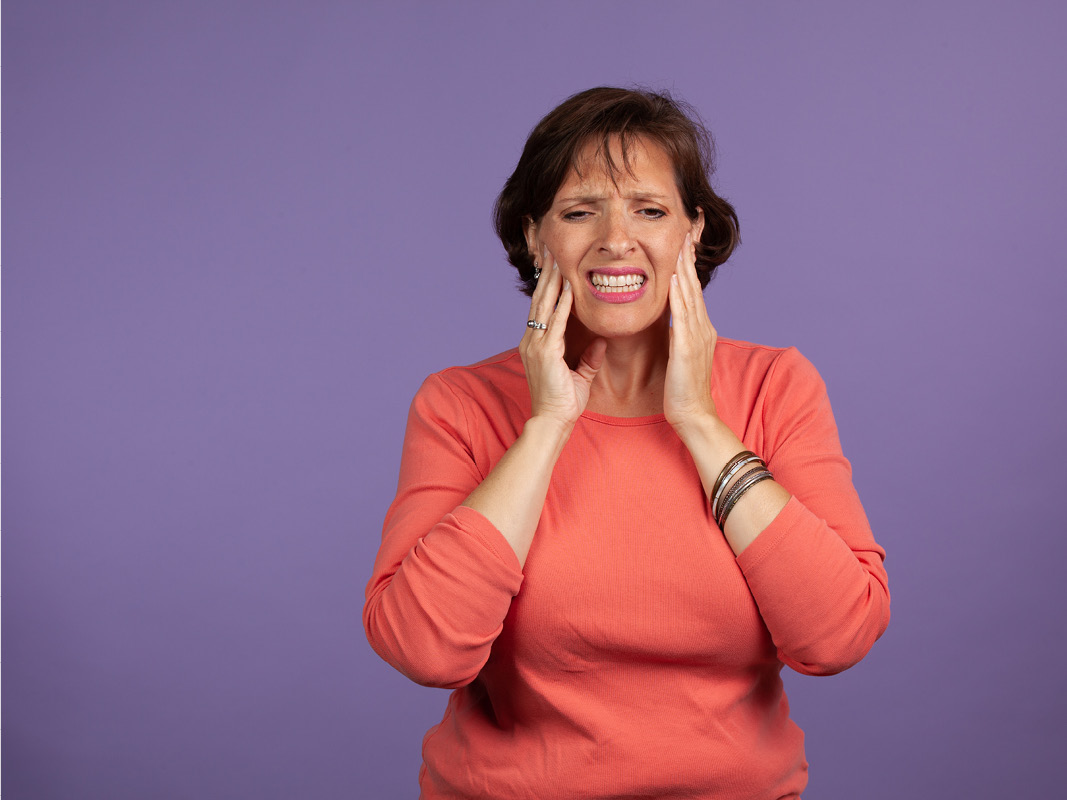That jaw clicking, popping or locking you are experiencing isn’t normal. Nor is it healthy. It is a symptom of an underlying problem with your jaw or the muscles surrounding it, probably due to TMJ.
Dysfunction of the temporomandibular joints—the joints that connect the jawbone to the skull—is known as temporomandibular disorder (TMD) or temporomandibular joint disorder (TMJD), although it is often incorrectly called TMJ. The TMJ is the hinge that enables you to chew, talk and yawn.
If your jaw pops without accompanying pain, it normally isn’t a cause for concern. Jaw popping may the only symptom you experience, but if there are underlying health conditions due to TMJD, you may need to seek medical intervention. You won’t know until you speak to a doctor. Luckily, jaw popping can often be treated at home.
Certain behaviors can set off a painful reaction in your TMJ:
- Tooth grinding
- Gum chewing
- Nail biting
- Jaw clenching
- Biting the inside of the cheek or lip
Here are some of the symptoms that can indicate a more serious problem:
- Pain or discomfort
- Jaw or face tenderness
- Face swelling
- Difficulty eating
- Difficulty opening the mouth wide
- Toothache
- Headache
- Neck ache
- earache
- Jaws that “lock” either open or closed
There are physiological reasons why you might be experiencing jaw clicking, popping or locking as well:
- Arthritis
- Jaw injury
- Infection, inflammation or swelling
- Obstructive sleep apnea
- Teeth malocclusion (misalignment of the teeth)
- Tumor
Some of the best things you can do for home care are to practice stress management, avoid hard or crunch foods, and try to relax the jaw. Avoid any activity that causes you to stretch or overuse the jaw muscles or joint. If this doesn’t work, consult your dentist or doctor who can prescribe a mouthpiece or bite guard, medication, dental work, injections, or surgery, among the options.
To learn more about jaw clicking, popping or locking due to TMJ, contact Airway & Sleep Group.

